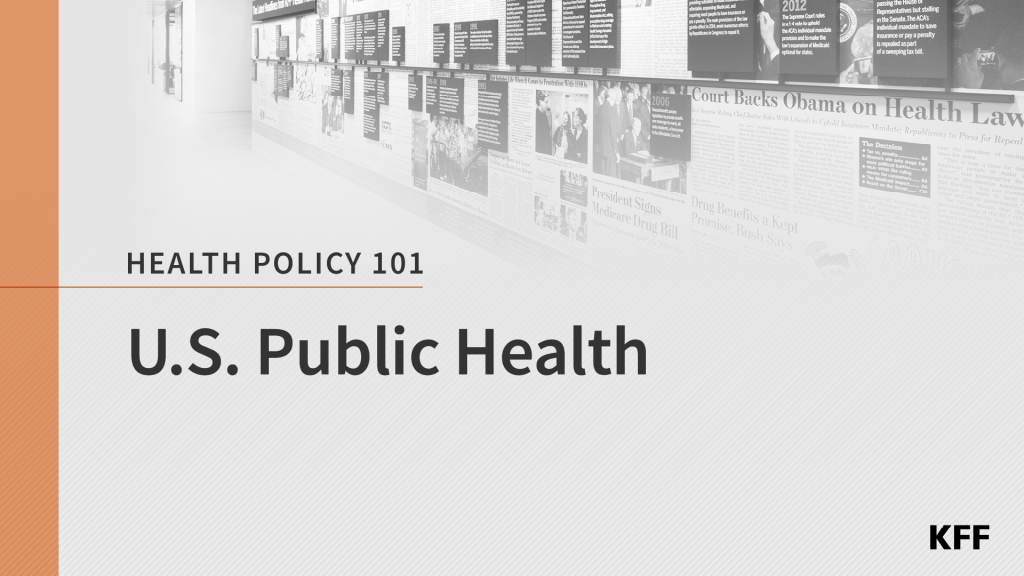Monkeypox Vaccine Roll-out in the U.S. – Are Jurisdictions Requesting All Their Doses?
This analysis examines monkeypox vaccine allocations and jurisdictional requests. It explores jurisdictional request rate (the number of vaccine does requested as a share of the jurisdiction’s allocation from HHS) for JYNNEOS, the preferred vaccine. Overall, while most jurisdictions have requested at least their full supply, some are well below that mark, raising questions about how quickly their at-risk populations can get protected.
